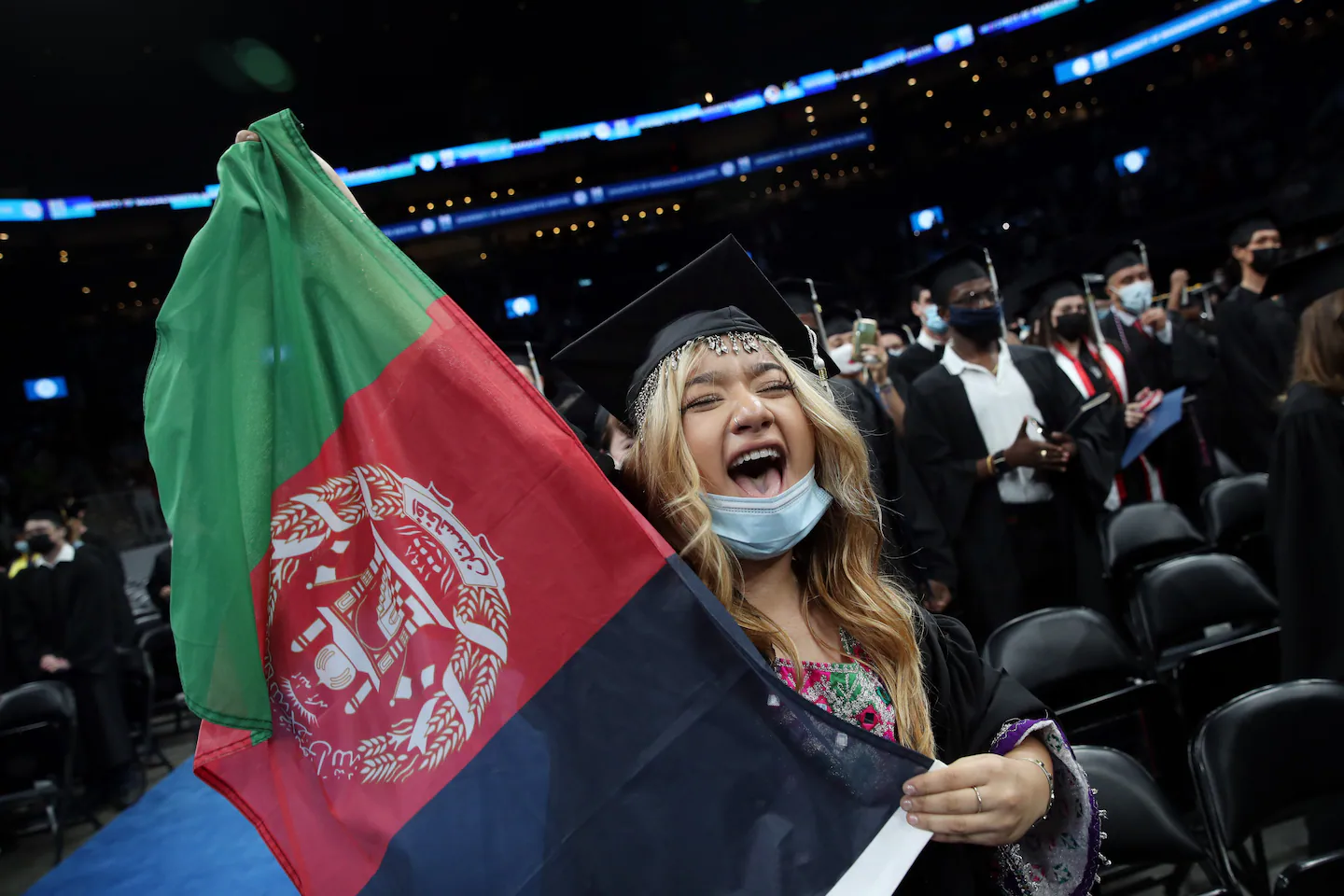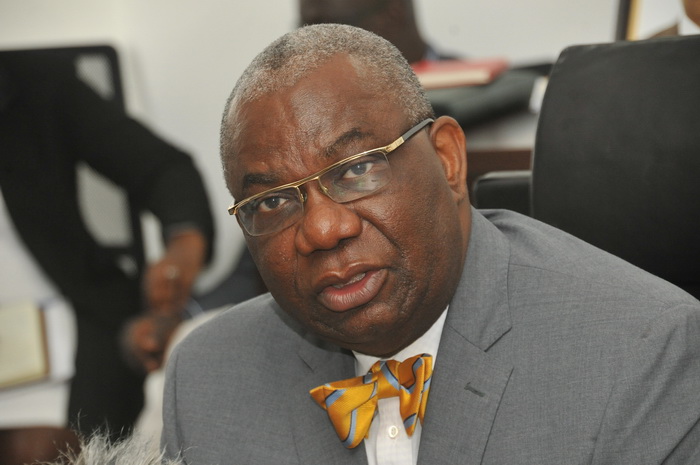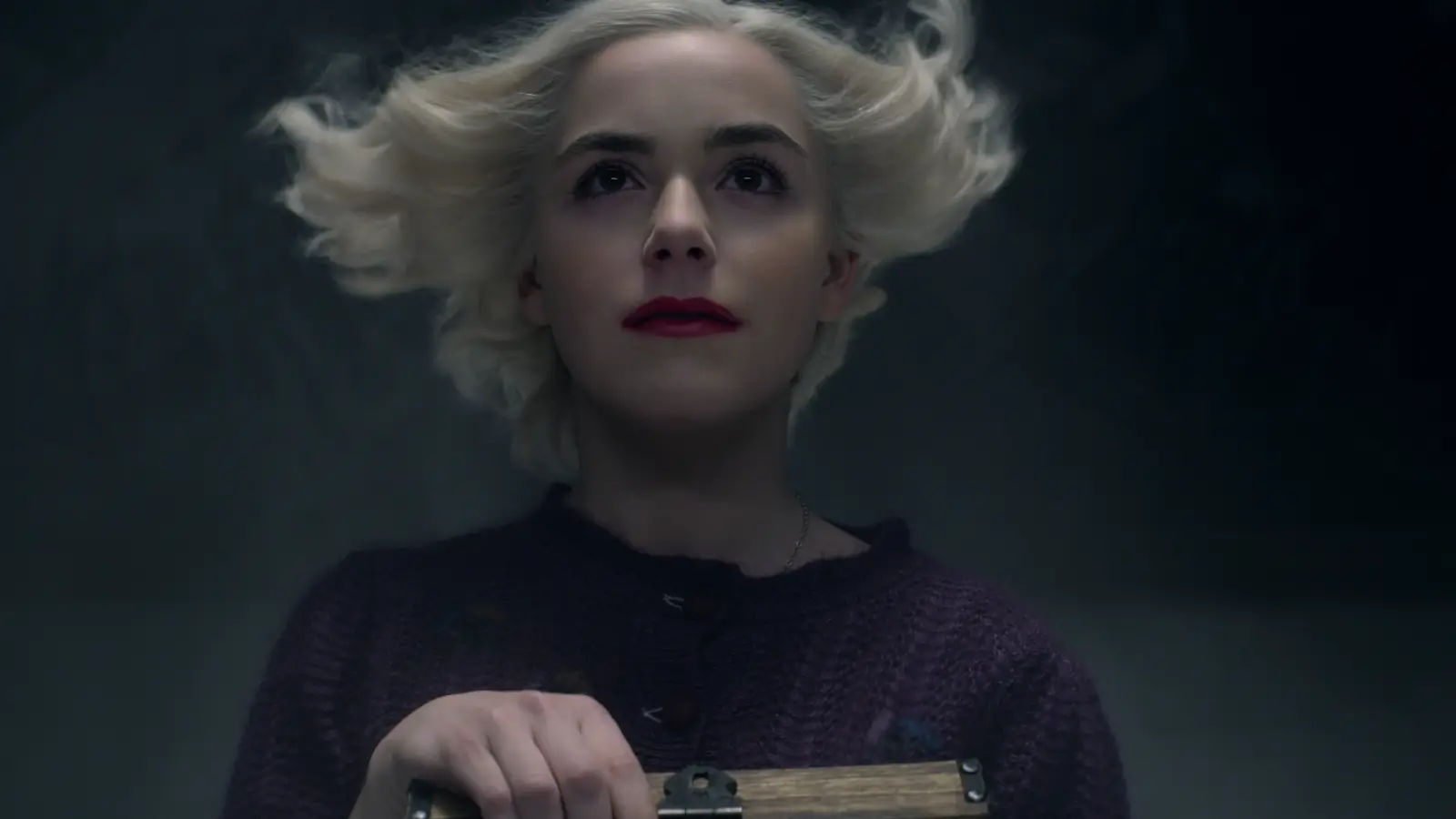Copyright The Boston Globe

Actions have consequences. If Khudaynazar hit a police officer and invoked the privilege of her City Hall position to try to get out of the situation, as police said, case closed. There’s a price to pay for that. She insists that this is not what happened, and that police body camera footage — which I have not seen — will vindicate her. But in an administration that believes in police reform and second chances, it’s also fair to ask: Was there a better way for police to deescalate a tense and emotional situation involving two young people? To embarrass the Wu administration, did police make sure the incident became public in the most unflattering way? Could Wu have been more deliberate about reaching a decision about firing Khudaynazar, or did she react too hastily because of election-year concerns? “The situation went very quickly from these are my friends, these are people who care about me, to this is now just politics,” Khudaynazar told me in an interview. “This isn’t new politics. This is old, guarded spaces doing everything to save themselves. Power protects itself.” A spokesperson for Wu said the city does not comment on pending litigation. Wu has previously said the firing was appropriate. Under the state conflict of interest law, which the city follows, using your official position to get something you are not entitled to is a violation. For Wu, the scandal was an election-year test of loyalties, with hers planted firmly with Boston police and Segun Idowu, a prominent member of her Cabinet as chief of economic opportunity and inclusion. For Khudaynazar, 27, it was a painful lesson in how quickly life can spiral out of control. Today, she is jobless and living with her family in a house in Chelsea. Until this incident, Khudaynazar’s life was one of lofty goals and solid achievement. Her family left Afghanistan in August 1998, as the Taliban took over their region. She was born later that month in Pakistan. In 2001, her family was granted refugee asylum in the United States, and she spent her younger years in South Boston. With her mother facing health issues, they “bounced around” other communities, she said. In 2016, when she graduated from Malden High School, the yearbook named her one of two students “most likely to be elected president,” and in an interview with her high school newspaper, she spoke of dreams of working for the United Nations. When she graduated from University of Massachusetts Boston with a degree in political science, she was featured in a Globe story, with the print version displaying a large photo of her joyfully holding the flag of Afghanistan. She said she was thinking about going to law school; working for the Boys & Girls Club of South Boston, which she had attended; and helping Afghan refugees. By 2022, she was working in the Wu administration, first in the Office of Community Engagement and then for the Office of Police Accountability and Transparency. OPAT, which was established in 2020 as the chief agent of police reform in Boston after the murder of George Floyd in Minneapolis, had had a rocky start, and Evandro Carvalho, a new executive director, was trying to get it back on track. After a round of interviews, Khudaynazar was hired as chief of staff in 2024. She oversaw a half-dozen employees, helped with community outreach, and worked on getting the troubled online dashboards on complaints and police use of force to work. A person who knows her through that work and asked not to be named told me that for someone that young to be “entrusted with such a critical public role with the potential for real impact on community well-being, then clearly they possess a level of maturity, responsibility, and expertise that was openly demonstrated and appreciated by city leadership. And her professional track record shows that.” But then came the events that led to scandal. On May 14, she said, she met a friend at Hue Boston, a restaurant and bar in the Copley Square Hotel, and ran into Idowu. In the course of their conversation, she said, he showed her his phone screen, which, as the Globe previously reported, displayed a reservation at the Hilton Boston Park Plaza hotel, and asked her to join him there. She declined, but agreed to drop him off there, and he kissed her outside Hue, she said. Then she went to the apartment where she told me she was staying with Chulan Huang, a boyfriend with whom she was having relationship problems. After she told Huang what happened with Idowu, they got into a fight, which ended with her call to police and their subsequent arrests. In the days-long media frenzy that followed, Khudaynazar was quickly fired. She said that after she was told verbally the city wanted to move forward with termination, “about 20 minutes later, I see headlines that I have been terminated. I have no formal notice. I have no email.” The termination letter she ultimately received cites her reported statement to police that “we both work for the city of Boston, we both work for the Mayor’s Office.” That was interpreted in the letter as “an improper attempt to invoke your position for favorable treatment.” She said she could not access records, such as the police body-cam video, that she needed to dispute the allegations and was denied due process. “Everyone treated me like I was guilty before I ever got a chance to prove that I wasn’t,” she said. She said her firing by the city was “public service career assassination.” She also said she believes she is being “punished for telling the truth” when the interaction with Idowu became known through the police report. An investigation by the city’s internal human resources department with help from an external law firm concluded that Idowu violated no city policies regarding sexual harassment “either by creating a hostile work environment or engaging in quid pro quo harassment or any other workforce policies.” His lawyer, Jeffrey Robbins, said there would be no further comment. Khudaynazar was charged with one count of assault and battery on a police officer and one count of assault and battery on a family/household member. A hearing is scheduled for Nov. 10. Huang, her now-former boyfriend, who worked for the Office of Economic Opportunity and Inclusion under Idowu, was also charged with assault on a family/household member. Meanwhile, Khudaynazar insists that police body-cam footage will exonerate her of the allegation that she hit a police officer. She also said it will show that her comment about working for the city was a snippet from a larger conversation and taken out of context. The city previously declined to release the video to the Globe, and Khudaynazar declined to share it with me. Lucas Newbill, her lawyer, told me via email, “The videos will come out in litigation, there is no sense in kicking the hornet’s nest that is the nerves of those on the videos as well as those involved in the litigation by releasing them to the press.” If the criminal case goes to trial, the police body-cam video will be shown in court, according to a spokesperson for Suffolk District Attorney Kevin Hayden. Khudaynazar said an unredacted police report was disseminated as “a hit on the mayor and OPAT,” because police reform is not popular with police. But she said, “part of the administration’s response was to preserve those images of standing beside the police.” In an election year, “optics are everything,” she said. She is now dealing with the harsh optics associated with her. She has gone from respected city worker to someone unstable, who must be spurned. “I loved everybody and everybody loved me,” she said of her former coworkers. “It’s really hard to go from people knowing me and having positive things to say about me, to all of a sudden no one wants to touch me with a 10-foot pole.” If she regrets anything, it is that she called police. She said she wanted their help in a time of emotional crisis, but instead ended up in a worse situation. As for that suggestion that she change her name, she said, “How is telling me to change my identity and run from this the solution, when nobody knows the truth, nobody knows what actually happened, and nobody’s interested in the truth?” With the lawsuit, she is forcing a reckoning for everyone, including herself, of what that truth is.



